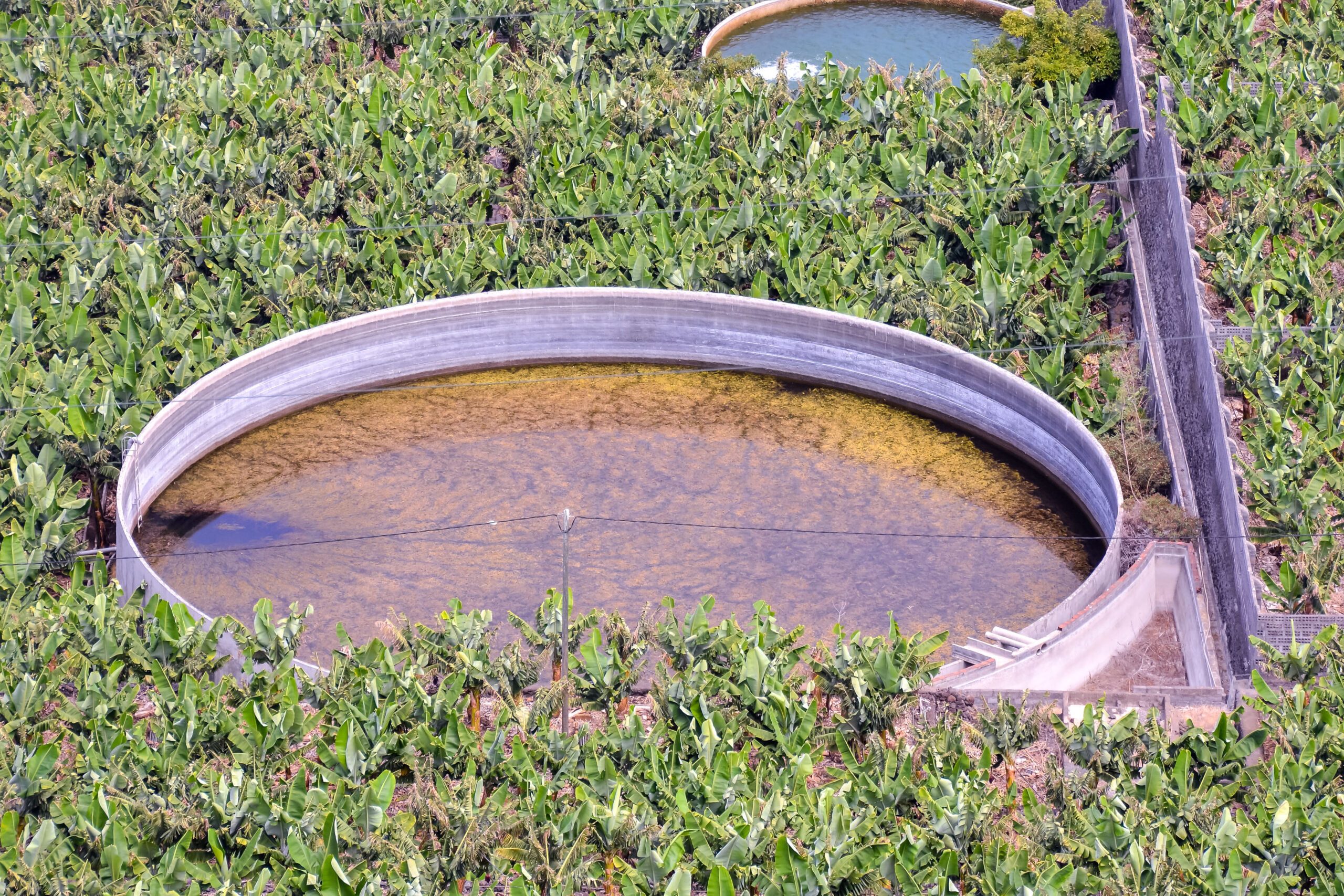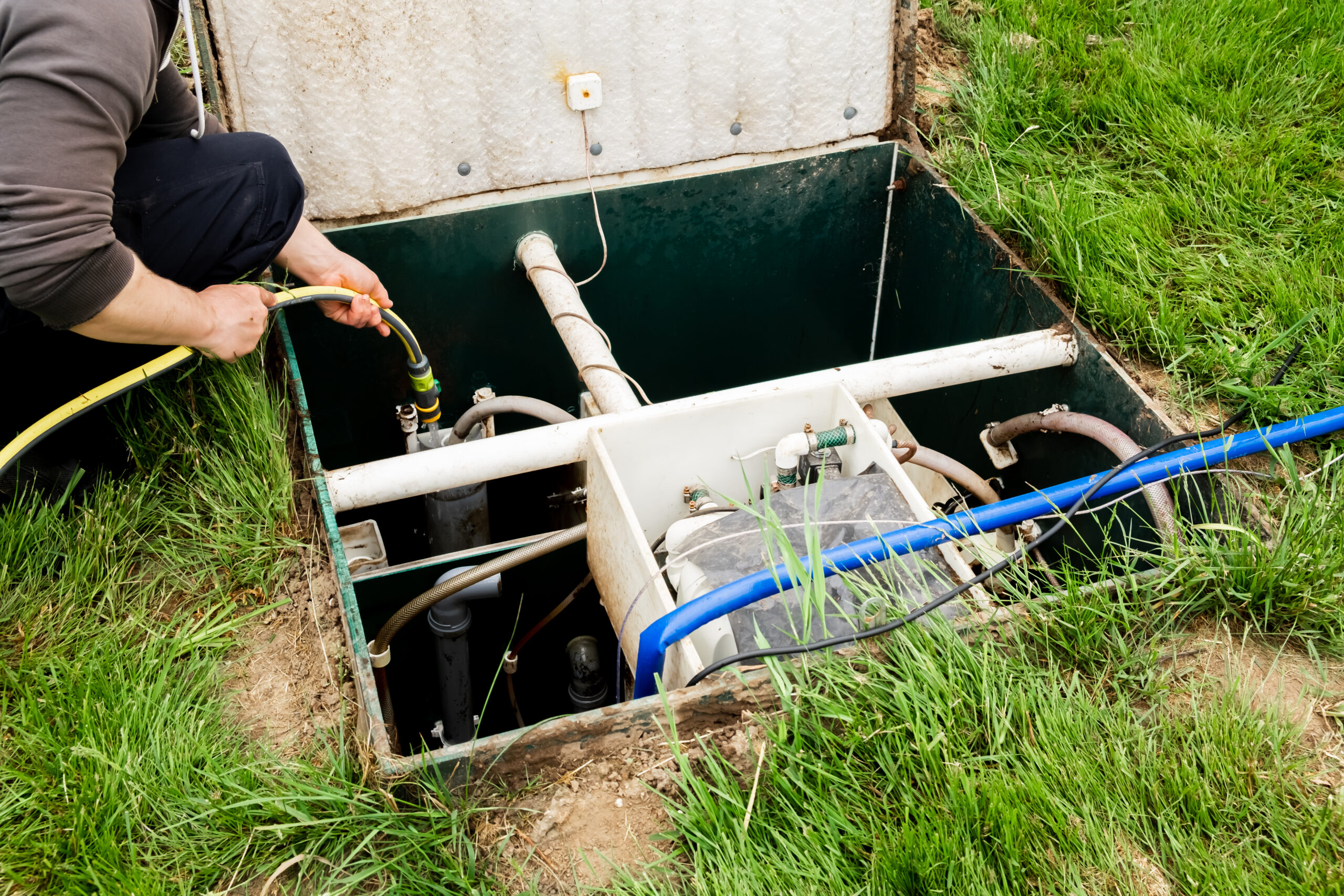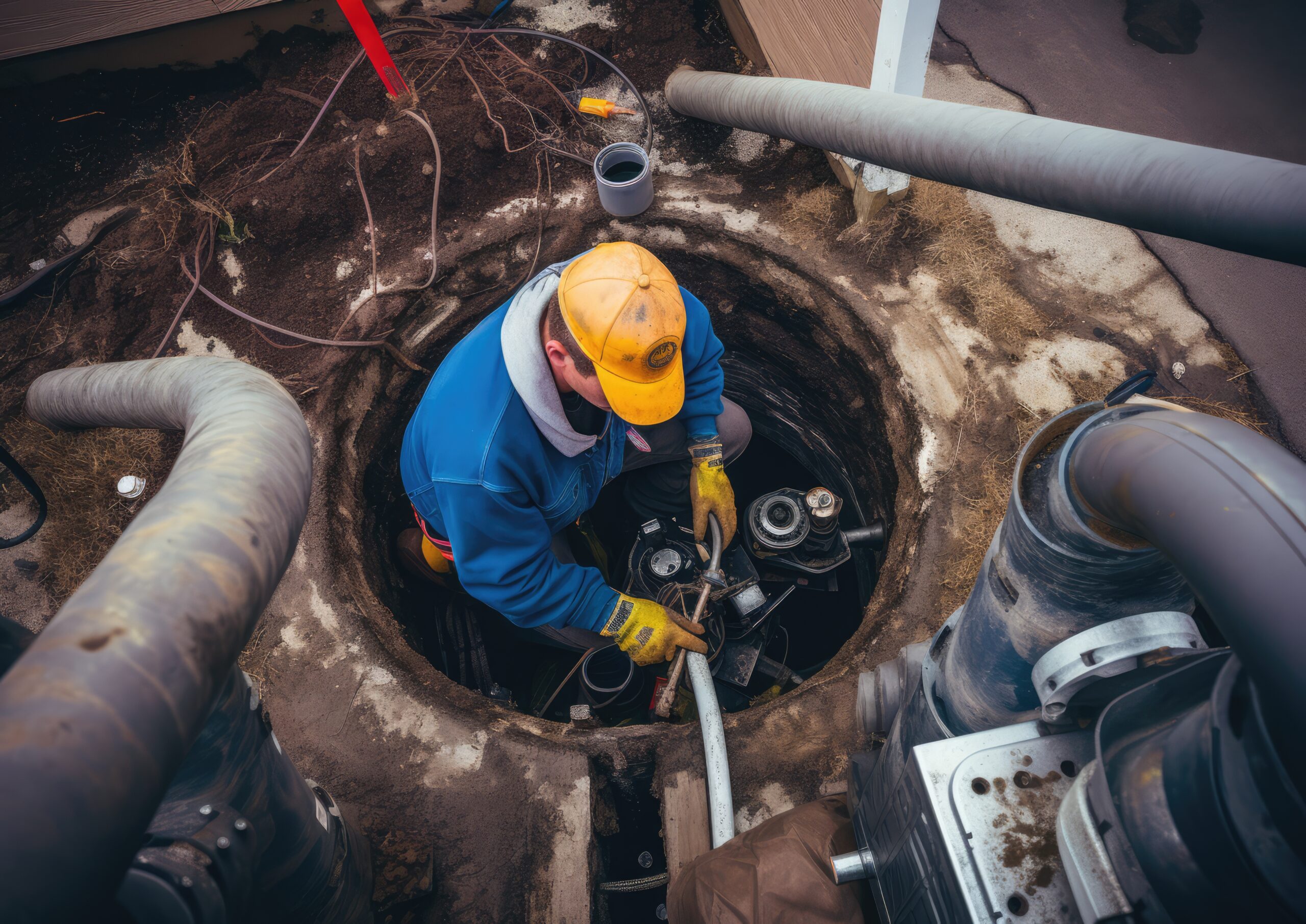Are you a homeowner with a septic system? If so, you’ve probably heard the term “leach field” thrown around. But have you considered the importance of leach field aeration? This often-overlooked aspect of septic system maintenance can make a world of difference in your system’s performance and longevity. In this article, we’ll dive deep into the world of septic system aeration and explore why it’s a game-changer for your home’s waste management.
Understanding Leach Fields and Their Role in Septic Systems
Before we jump into the benefits of aeration, let’s quickly recap what a leach field does. Also known as a drain field, this crucial component of your septic system is where the magic happens – it’s the final step in treating wastewater before it returns to the environment. Here’s where leach field aeration comes into play.
By introducing oxygen into the system, we create an environment where helpful aerobic bacteria can thrive. These microscopic powerhouses are far more efficient at breaking down waste than their anaerobic counterparts, which prefer oxygen-free zones.
The Benefits of Septic System Aeration
When you implement proper septic system aeration, you’re essentially supercharging your waste treatment process. Aerobic bacteria work faster and more thoroughly, resulting in cleaner effluent that’s less likely to contaminate groundwater. But that’s not all – nobody wants their yard smelling like, well, a septic tank. Leach field aeration helps combat those unpleasant odors by promoting efficient decomposition. It’s like a natural air freshener for your property! Think of aeration as a fountain of youth for your septic system.
By reducing stress on the system and preventing clogs, you’re adding years to its life. That means more money in your pocket and fewer headaches down the road. Speaking of money, septic leach field cleaning techniques like aeration can significantly reduce your maintenance bills. With more efficient waste breakdown, you’ll need fewer pump-outs and repairs over time.
How to Implement Leach Field Aeration
Now that we’ve covered the “why,” let’s talk about the “how.” There are two primary methods for aerating your septic system: passive and mechanical aeration. Passive aeration relies on natural airflow through your septic tank and leach field. While it’s less intensive, it may not be sufficient for all systems, especially those in areas with poor soil conditions.
For more consistent results, mechanical aeration is the way to go. This involves installing pumps and diffusers to inject air directly into your system. It’s like giving your septic tank its own personal oxygen supply!
Signs Your Leach Field Needs Attention
How do you know if your system is crying out for some aeration love? Keep an eye out for these telltale signs: slow-draining fixtures or gurgling sounds, puddles forming above your leach field, foul odors emanating from drains or your yard, and unusually lush or green patches of grass over the leach field area. If you notice any of these symptoms, it’s time to call in the pros for an assessment.
Maintaining a Healthy Septic System Through Aeration
To keep your newly aerated system in tip-top shape, follow these maintenance tips: Schedule regular inspections with a licensed septic service provider, be mindful of your water usage to avoid overwhelming the system, dispose of waste properly – no flushing non-biodegradables! – and maintain a healthy grass cover over your leach field, but avoid planting trees nearby.
Conclusion: Breathe New Life into Your Septic System
Leach field aeration isn’t just a fancy term – it’s a crucial practice for maintaining a healthy, efficient septic system. By promoting the growth of beneficial bacteria, reducing odors, and extending your system’s lifespan, aeration is an investment that pays off in both the short and long term.




